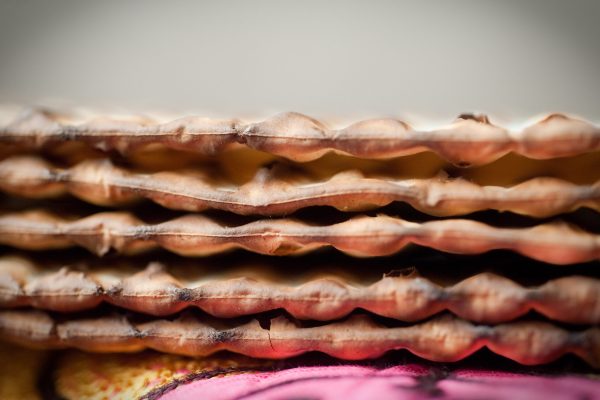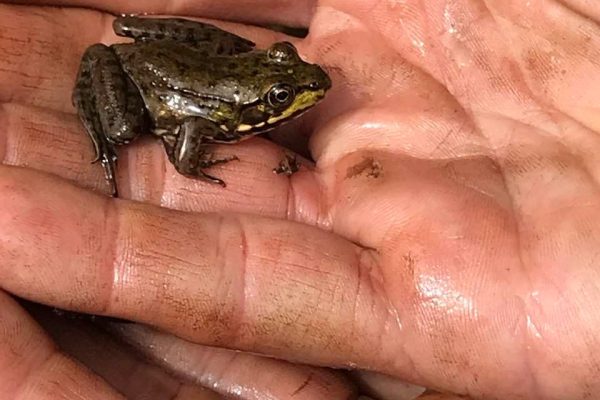Brokenhearted, we find our way from narrowness to freedom.
Springtime. Snow melting, flowers coming back to life.
Do you remember how we set the Passover table,
covered in her lace tablecloth, setting it up just as she would have?
But the matzo balls were wrong.
They sunk, her’s would float.
And the salt water of Passover tears
stung all night in our mouths
that were to be filled with freedom’s joy.
Do you remember when we opened the door for Elijah
and the dog ran away?
And she laughed so.
How we left Elijah a goblet full of wine?
And how was it that the wine always disappeared right before our very eyes?
How was it that the haroset was always just so?
And how was it that everyone really listened to one another’s questions?
And every grandchild found the afikomen?
And remember when everyone
shared with her a few minutes that felt like forever
to unburden the narrowness in their lives, feeling freed by her love?
And how was it that she was not at the head of the table?
She was nowhere to be found!
Why didn’t she enter through Elijah’s open door?
They call Passover z’man heiruteinu, the season of our freedom.
But you did not feel free, even as renewal sprouted forth freely from the earth.
The grandkids were growing up.
The last hug you shared seemed further and further away.
She was gone now and your memories blurred.
Worn down by your grief, in the silence of Yizkor,
Yizkor Elohim, God remembered
and you remembered:
Her love—sweet like tzimmis,
Her strength—birthing you from the narrows and freed!
Her voice—strong like Miriam’s song at the shores of the sea.
Passover Yizkor, z’man heiruteinu,
in remembering her,
you felt grief and joy bound up together.











